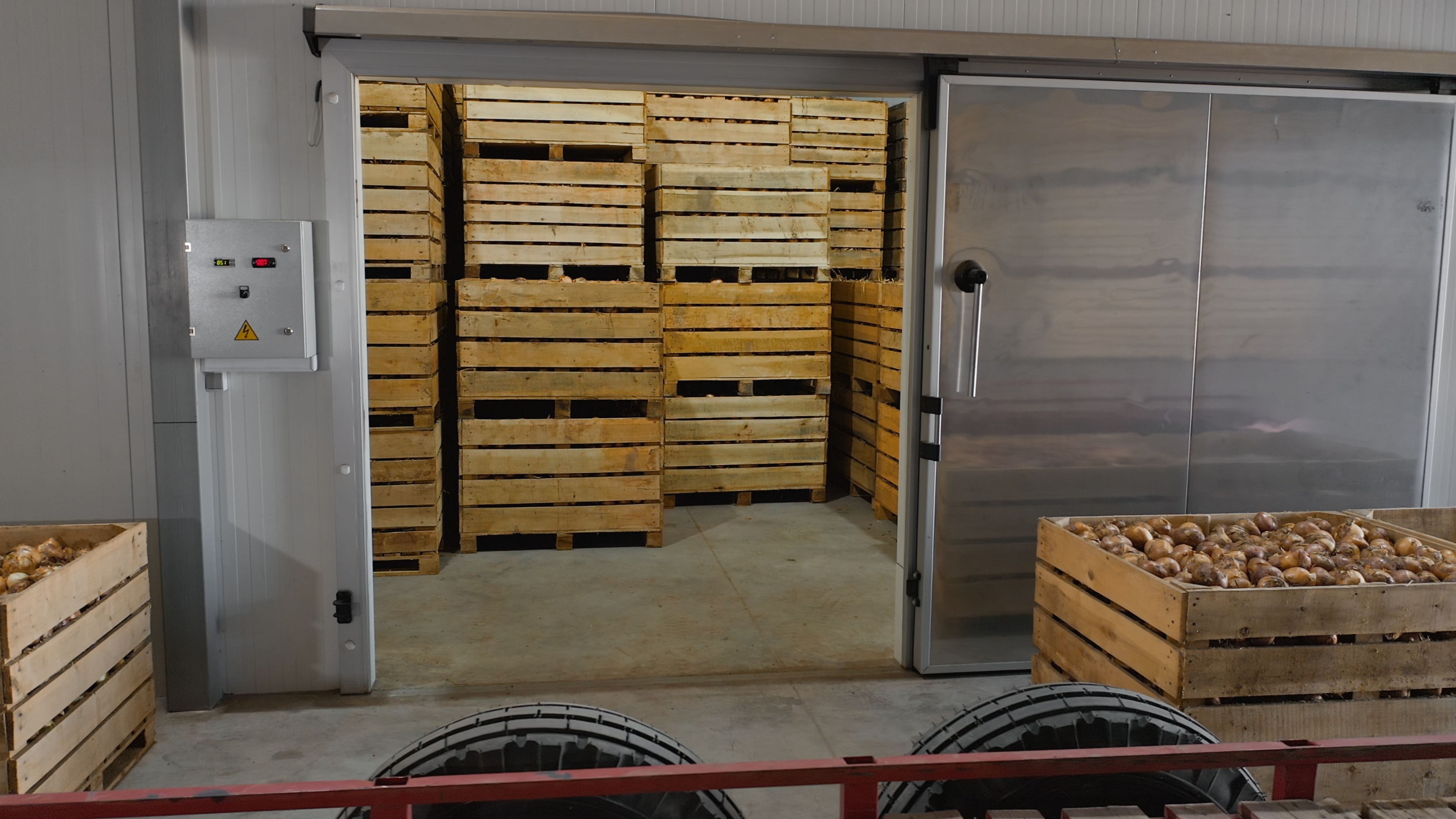The Importance of a Federal Cold Room Strategy for Nigerian Agriculture
Understanding the Federal Cold Room Strategy
The agricultural sector in Nigeria holds immense potential for economic growth, food security, and employment. However, one of the significant challenges facing this sector is the high rate of post-harvest losses. To address this issue, a well-structured federal cold room strategy is essential. This strategy involves the establishment of cold storage facilities across the country to preserve perishable agricultural produce.
Cold rooms offer a controlled environment that extends the shelf life of food products by maintaining low temperatures. This not only reduces waste but also enables farmers to access markets beyond their immediate regions, thereby increasing their income.

Benefits of a Federal Cold Room Strategy
The implementation of a federal cold room strategy offers numerous advantages. Firstly, it minimizes food wastage by preserving the quality and freshness of produce. This is crucial in a country like Nigeria where a significant portion of agricultural produce is lost due to inadequate storage facilities.
Secondly, with reduced spoilage, farmers can sell their products over a more extended period, avoiding the need to sell at low prices immediately after harvest. This promotes better pricing stability in agricultural markets, benefiting both producers and consumers.

Enhancing Food Security
Food security is a pressing concern in Nigeria, and a federal cold room strategy can play a vital role in addressing this issue. By reducing post-harvest losses, more food is available throughout the year, contributing to a stable food supply chain.
Moreover, with cold storage facilities, there's an opportunity to diversify agricultural products available to consumers, ensuring a balanced diet and improving nutritional standards. This can have long-term positive effects on public health.

Supporting Farmers and Boosting the Economy
Incorporating cold room facilities into Nigeria's agricultural framework not only supports farmers but also stimulates economic growth. By preserving produce for longer periods, farmers have greater opportunities to participate in local and international markets.
This increased access to markets can lead to higher revenues for farmers and contribute to national GDP growth. Furthermore, developing cold storage infrastructure creates jobs in construction, maintenance, and operation of these facilities.
Government's Role in Implementation
The success of a federal cold room strategy largely depends on government support and investment. Policies that encourage public-private partnerships can accelerate the development and deployment of cold storage facilities across Nigeria.
Additionally, training programs for farmers and stakeholders on utilizing cold storage effectively are necessary to maximize the benefits of this initiative. Empowering local communities with knowledge and resources is crucial for sustainable success.
Conclusion
The importance of a federal cold room strategy for Nigerian agriculture cannot be overstated. It holds the promise to transform the agricultural sector by reducing losses, enhancing food security, supporting farmers, and boosting the economy. With strategic planning and collaboration between government entities and private sectors, this initiative can pave the way for a more resilient and prosperous agricultural landscape in Nigeria.
